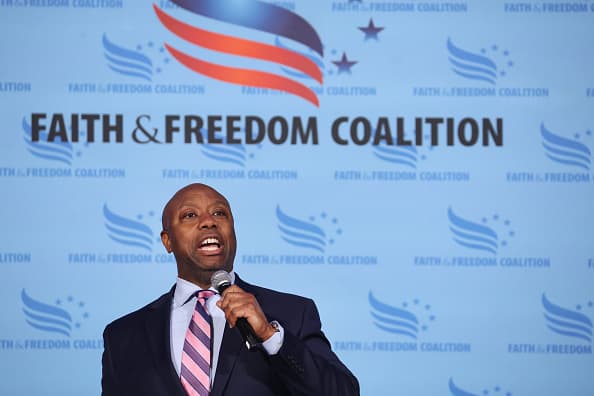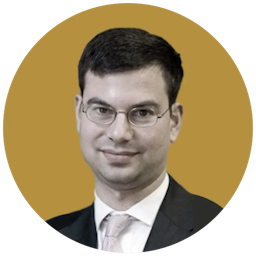Could 2024 Presidential Campaign Include a Religious Awakening?
Signs start to emerge of what the Wall Street Journal calls a ‘surprising surge of faith.’

“Could America be on the cusp of another Great Awakening?” a Boston Globe columnist, Jeff Jacoby, asks, suggesting that a broad return to religion might be the right remedy “at a time when civil society has grown so dysfunctional — when Americans fear their nation is on the wrong track, when negative politics are making people sick, when happiness is at its lowest ebb.”
Please check your email.
A verification code has been sent to
Didn't get a code? Click to resend.
To continue reading, please select:
Enter your email to read for FREE
Get 1 FREE article
Join the Sun for a PENNY A DAY
$0.01/day for 60 days
Cancel anytime
100% ad free experience
Unlimited article and commenting access
Full annual dues ($120) billed after 60 days

